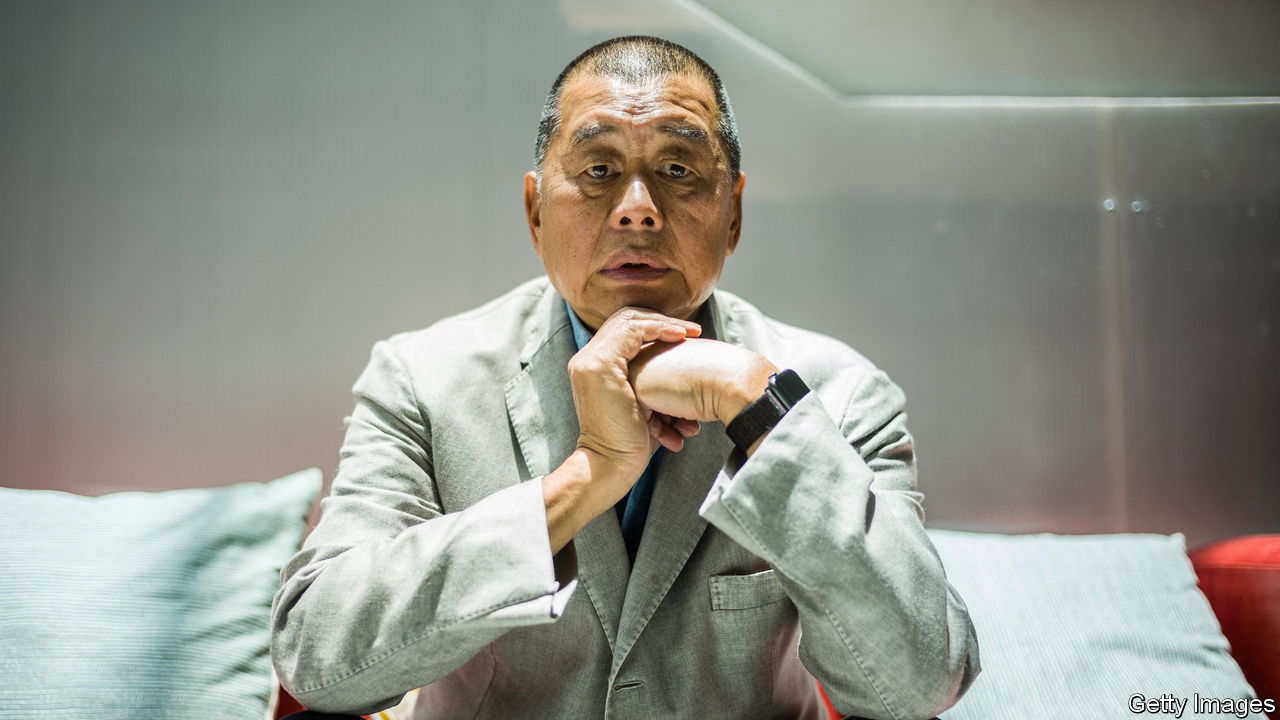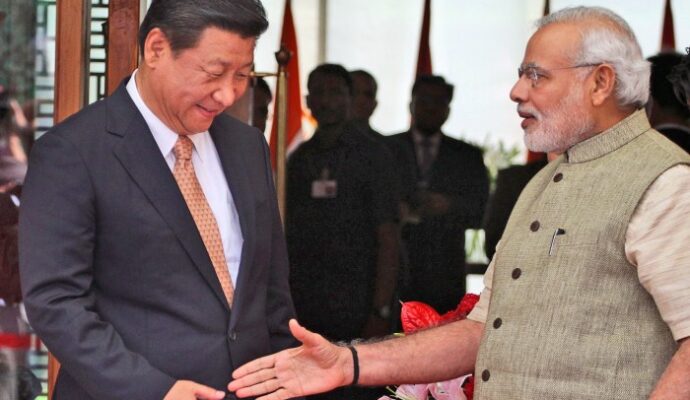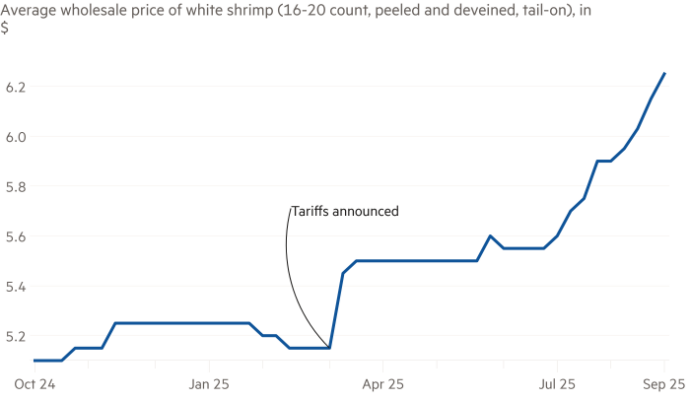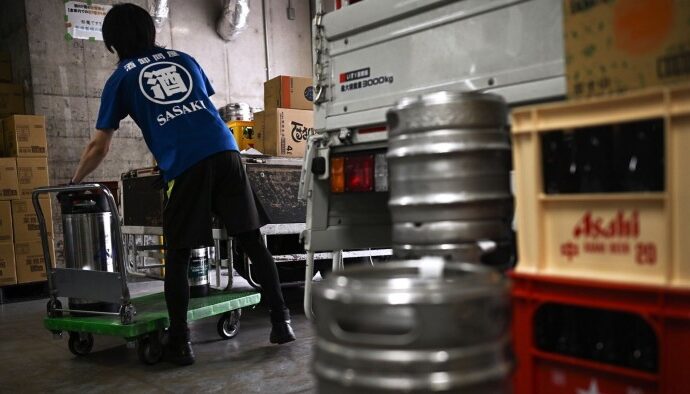
IT HAS BEEN more than three years since the police in Hong Kong arrested Jimmy Lai and stuck him in Stanley Prison. But as Mr Lai stood in court on December 18th, facing charges of sedition and colluding with foreign forces, it felt like the culmination of a much longer saga. The pro-democracy media tycoon has spent decades challenging the administration in Hong Kong and the national government in Beijing. They, in turn, consider Mr Lai a traitor and have been relishing the chance for some public payback.
Mr Lai was one of the first big targets of Hong Kong’s national-security law, which the national government imposed in 2020 after big pro-democracy protests rocked the city. He was often at the front of those demonstrations, as he had been in 2014, when protesters demanding free and fair elections occupied parts of the city in what became known as the Umbrella Movement. The security law aimed to crush such dissent. More than 250 activists, lawmakers and protesters are thought to have been detained for violating it. Mr Lai, the most prominent, has denied any wrongdoing.
Revered by many Hong Kongers for his bravery, Mr Lai has led a rags-to-riches life. At the age of 12 he escaped Mao Zedong’s China, stowing away on a boat. Once in Hong Kong he worked his way up from factory dogsbody to clothing empresario and media mogul. The government in Beijing forced him out of the garment industry in 1994 after he wrote a column in one of his magazines calling Li Peng, China’s prime minister at the time, “the son of a turtle’s egg” (a rather nasty insult).
In 1995 Mr Lai founded Apple Daily, a popular Chinese-language tabloid that mixed tittle-tattle with criticism of the governments in Hong Kong and Beijing. In 2021 the authorities in Hong Kong, acting under the national-security law, froze its assets, raided its offices and arrested several top editors and writers. (People across Hong Kong formed long queues to buy its farewell edition that year.) The charges against Mr Lai are based in part on articles in Apple Daily that called for international sanctions against Chinese and Hong Kong officials. Prosecutors have argued that this amounted to collusion with foreign forces. Six of the paper’s former staff members pleaded guilty to this charge in 2022.
The government in Hong Kong has gone to great lengths to ensure that Mr Lai’s trial goes its way. It prevented him from appointing his preferred barrister, a Briton named Tim Owen. (The fight over that contributed to the trial’s being delayed for months.) Paul Lam, Hong Kong’s justice minister, insisted that Mr Lai be tried not by a jury, but by three judges approved by John Lee, the city’s chief executive (this is now the norm in national-security cases). Chris Tang, the security minister, has already proclaimed that the trial will prove Mr Lai is “bad”. The government likes to boast that it has a 100% conviction rate in national-security trials.
In 2022 Mr Lai was sentenced to more than five years in prison for violating the terms of a lease contract, a verdict denounced by human-rights groups. Now he looks set to spend the rest of his life behind bars. America, Britain and the European Union have condemned the trial. Mr Lai’s legal team hopes this will help. But the defendant is said to be reconciled to his fate. ■
The Economist


